Fugitive murderer of Iranian girl extradited, anti-Iran media proven wrong
The fugitive murderer of an Iranian girl, whose killing anti-Iran media outlets had wrongfully pinned on Iranian security forces, has been extradited to the Islamic Republic after spending many months at large overseas.
Iran's Mizan Online news agency reported the murderer's return to the country on Thursday.
رسوایی جدید برای پروژه کشتهسازی
— خبرگزاری میزان (@MizanNewsAgency) June 1, 2023
قاتل متواری #نسیم_صدقی که به عنوان یکی از کشتهشدگان اغتشاشات معرفی میشد، دستگیر و به کشور بازگردانده شد.https://t.co/jyAorj5Ppp pic.twitter.com/yfmt3yGarQ
His victim has been identified as Nasim Sedghi from Shahin Dezh Country of the northwestern Iranian West Azerbaijan Province.
Last year, the anti-Iranian media outlets, including the UK-based BBC Persian and Voice of America's VOA Farsi, had alleged that the 23-year-old had been "killed with two live bullets [fired at her] by [Iranian] security forces."
The outlets had named the whereabouts of Sedghi's death as Urmia, the West Azerbaijan Province's capital, and the date of the alleged killing as October 31 during foreign-backed riots that erupted across Iran last year.
The victim's family and friends have, however, contested this account.
Cited by Mizan Online, Nasser Atabati, head of the province's Justice Department, determined the whereabouts of the foul play as "a bungalow lying outside Urmia."
"The [provincial] judicial and law enforcement officials began pursuing the murderer since the very first days that followed Sedghi's murder," he noted.
The authorities, though, failed to capture the criminal due to his fleeing abroad via Iran's border with Turkey, Atabati stated.
Iranian judicial officials then successfully alerted Interpol to the murderer's efforts to evade the law, prompting the international police organization to apprehend him in Sharjah, the United Arab Emirates, and extradite him to the Islamic Republic, he added.
This is not the first time that the anti-Iran media resorted to making unfounded allegations about, what they have been trying to portray as, Iranian security forces' heavy-handed treatment of the riots.
The riots broke out following the death in police custody of a young Iranian woman last September.
Mahsa Amini, 22, died at the hospital three days after she collapsed at a police station. An investigation attributed her death to a medical condition, dismissing allegations that she had been beaten by police forces.
Last October, Iran's Interior Ministry released an assessment, naming those behind the riots as separatist and terrorist groups, who waged the unrest as part of a hybrid war launched by the Islamic Republic's enemies to weaken the country's national solidarity and hinder its progress.
According to the assessment, some 200 people lost their lives in the riots, which also inflicted trillions of rials in damage to state, public, and private property.
VIDEO | Press TV's news headlines
Senior Russian general shot and wounded in Moscow: Officials
UK ordered in 'milestone' court ruling to pay $570 million for colonial-era massacre
VIDEO | Defying the rubble, Gaza opens its first face-to-face school since start of war
‘Ready for next round’: Million-man rally in Yemen backs Gaza, resistance
FM Araghchi departs Muscat for Doha following nuclear talks with US
Israeli keeps killing more Palestinian civilians in Gaza amid relentless ceasefire violations
Aliyev: Azerbaijani territory will not be used for threats against Iran


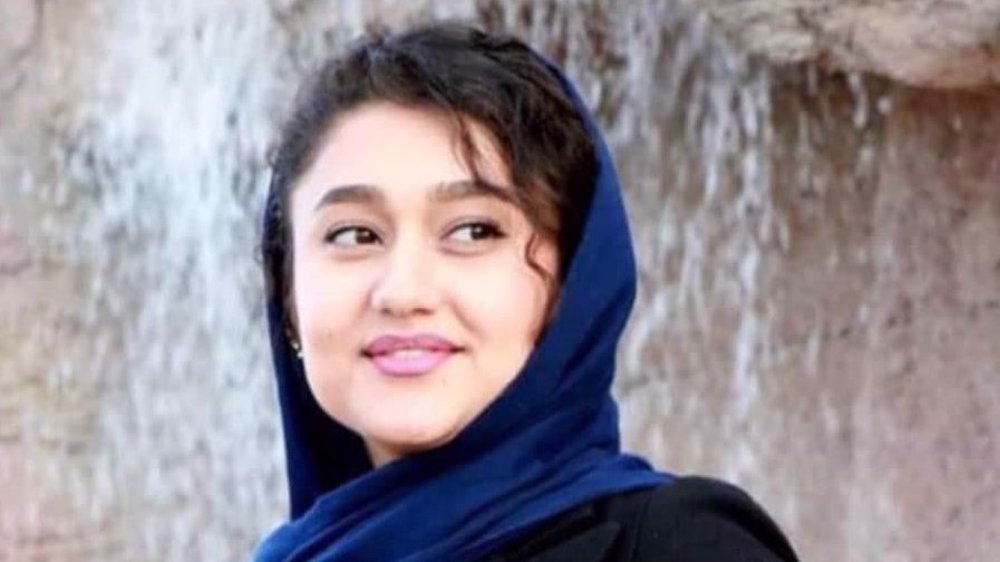
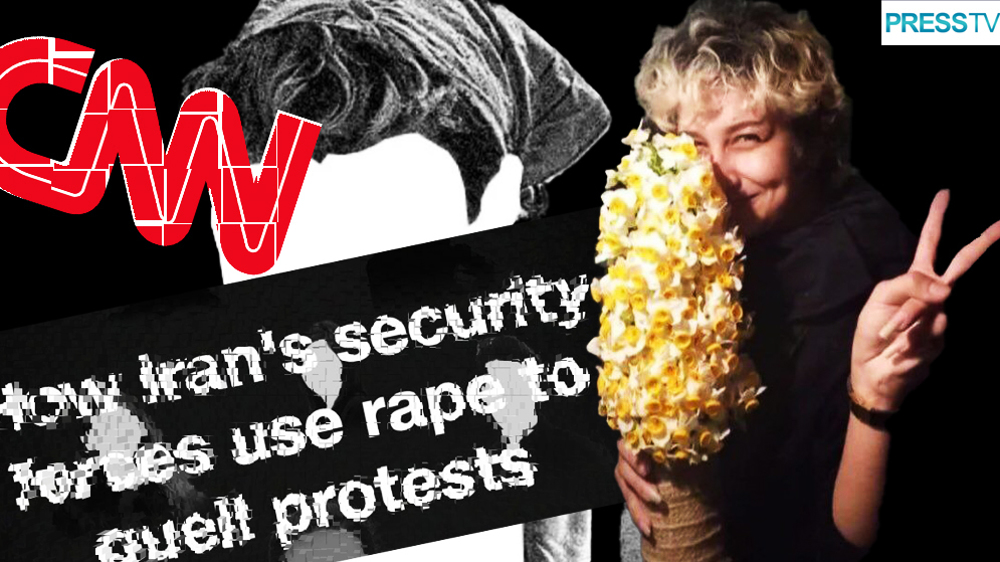
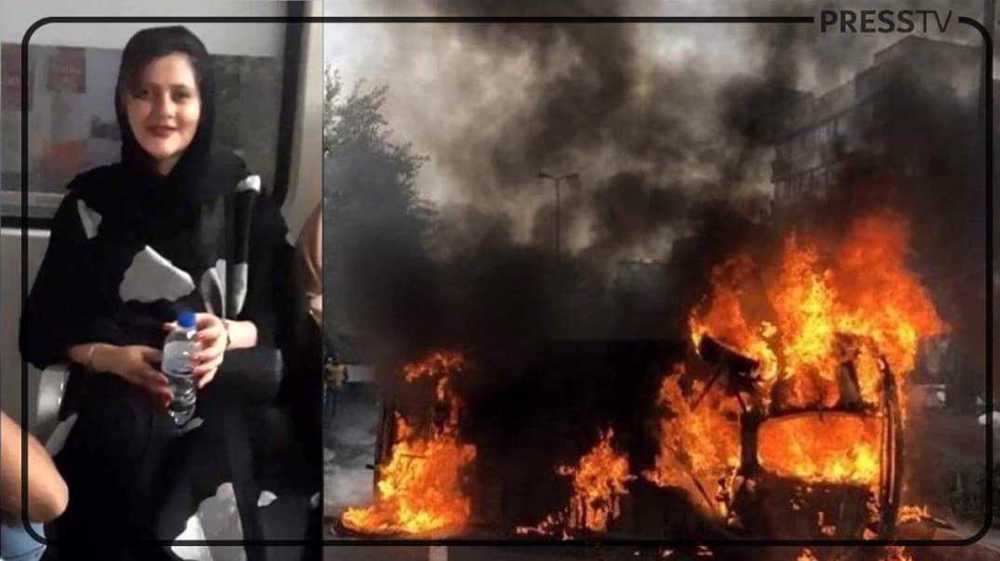
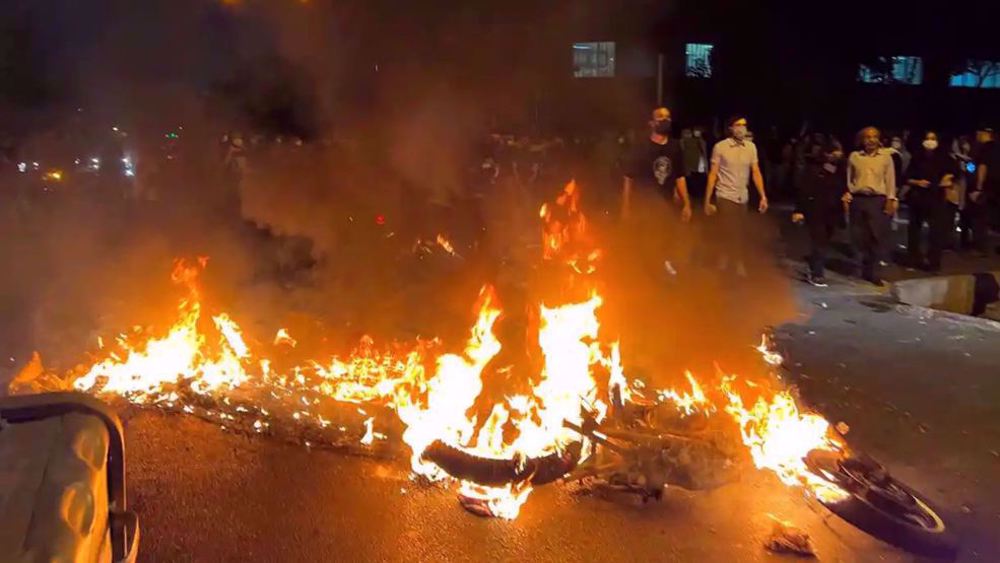
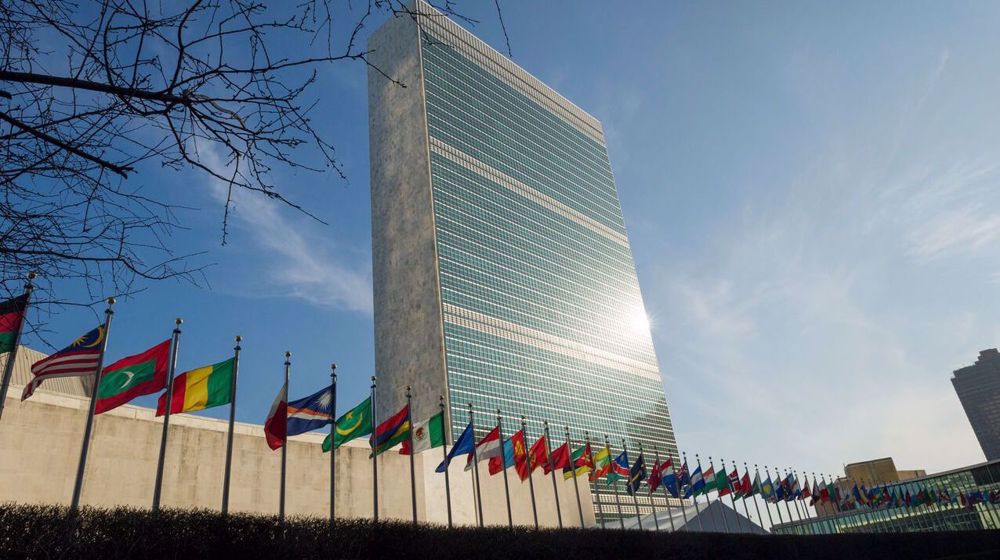
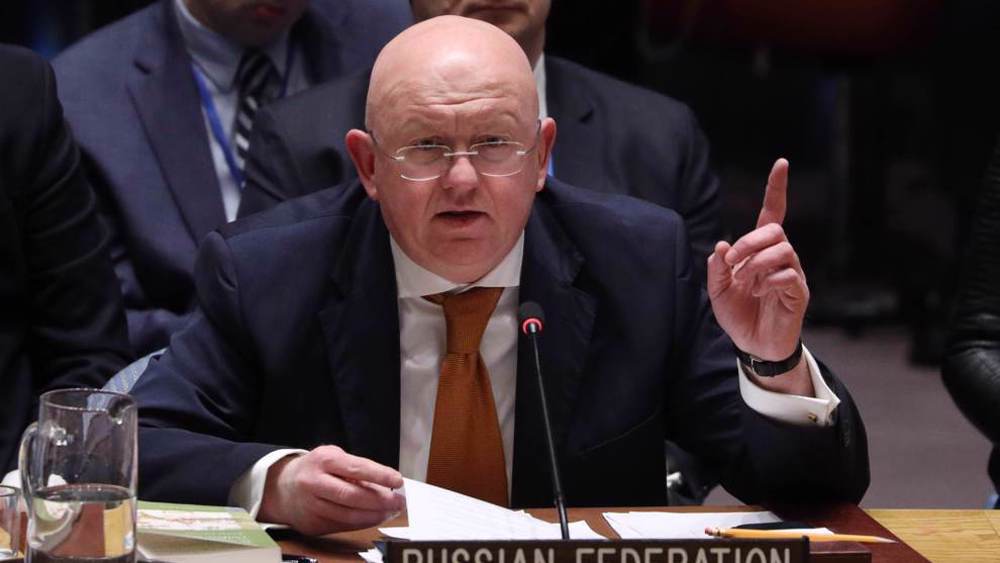
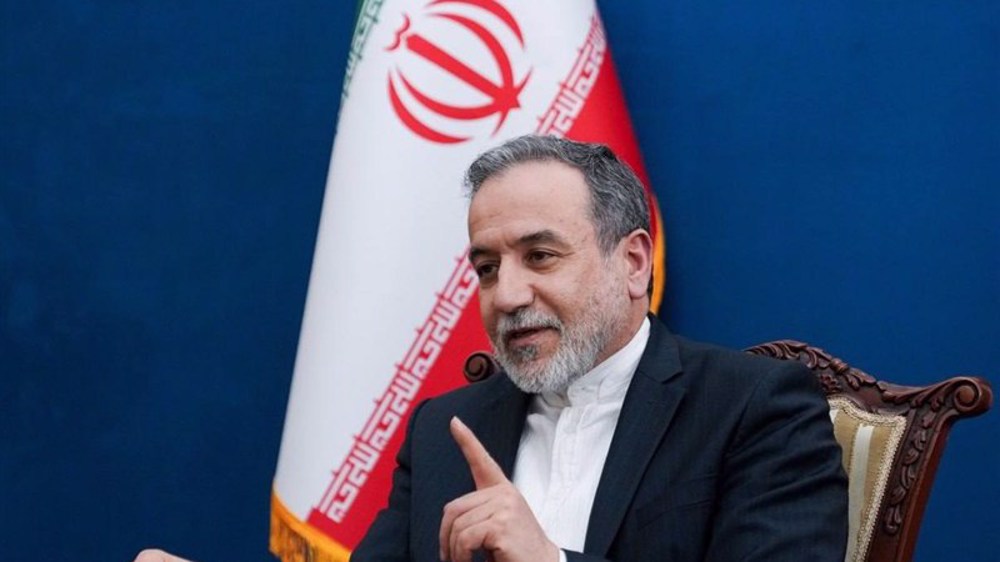



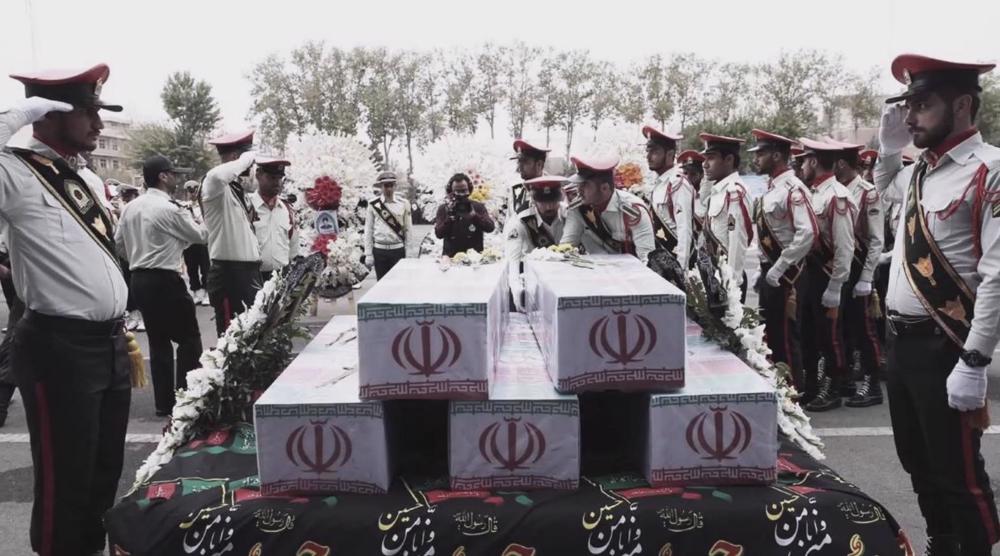
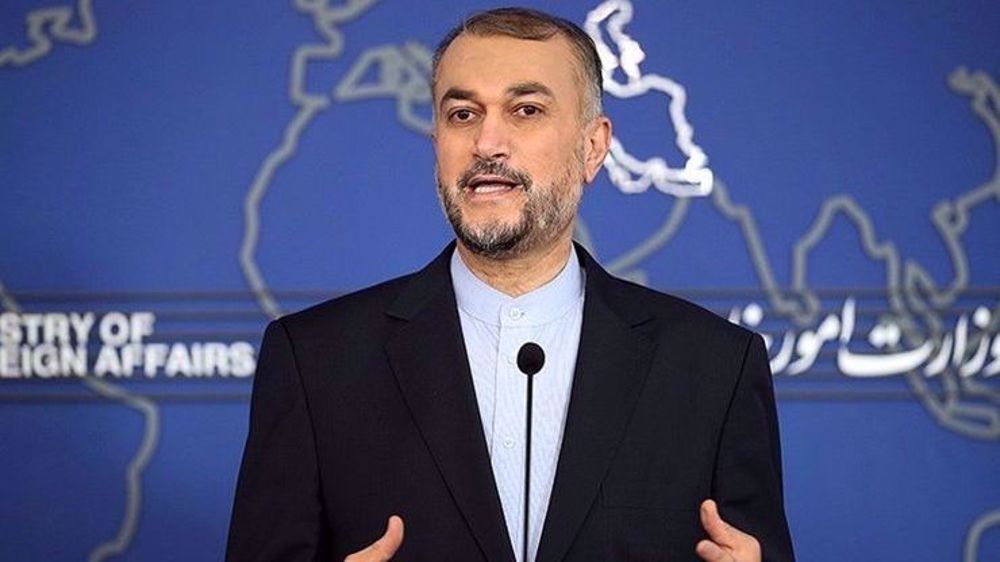
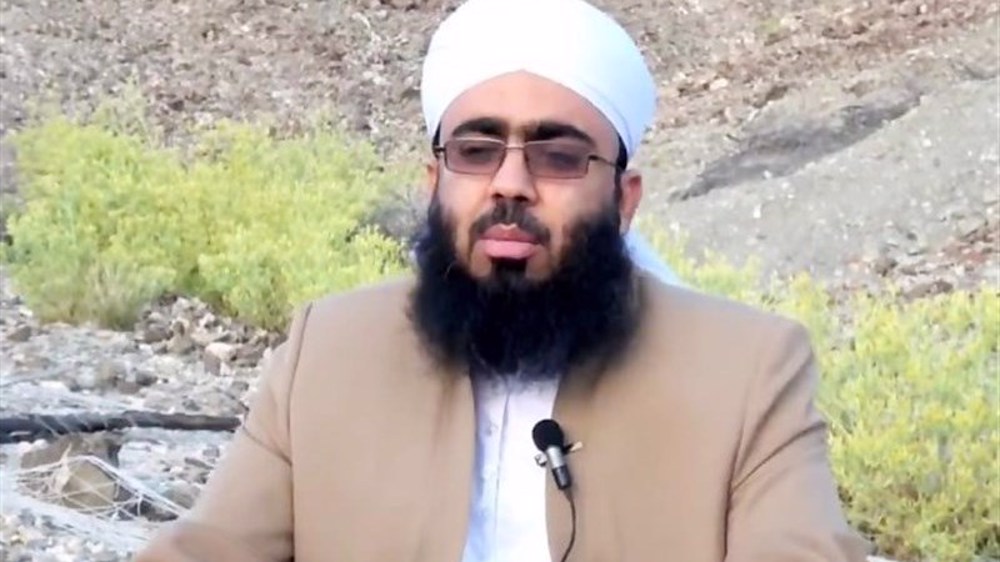

 This makes it easy to access the Press TV website
This makes it easy to access the Press TV website